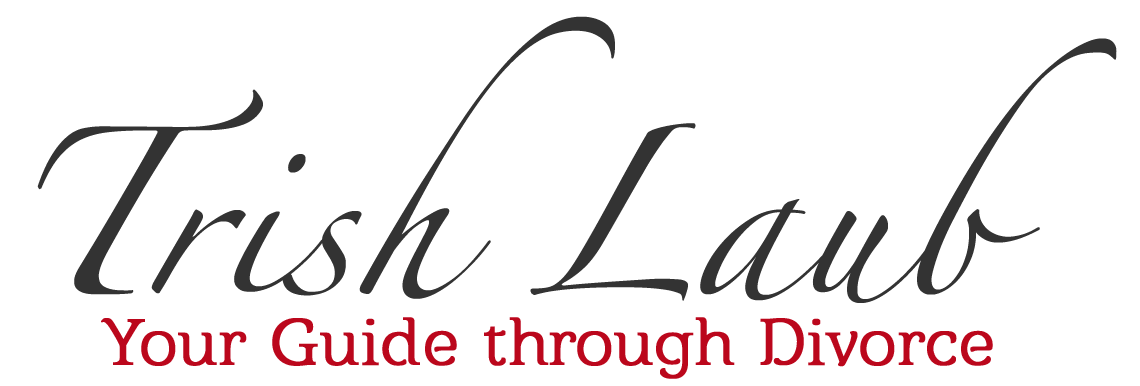Forgiveness
Forgiveness doesn’t minimize or negate the injustice of the impact of their behavior or guarantee access to you, nor is it reconciliation. Forgiveness provides peace within yourself while reconciliation is about healing a relationship. When someone’s bad behavior choice causes you a wound, it is said that the other owes you debt … an apology. Forgiveness is a choice you make to cancel the debt that they owe you, especially when you know that they are incapable of paying it and you’re tired of carrying around the resentment. Forgiveness is a choice you make not to carry the bitterness and weight of their actions; it is giving up the hope that the past could be any different and accepting the reality that it is what it is.
Forgiveness can be given with or without an apology fro the other but it cannot move into reconciliation without a sincere apology. A sincere apology comes with three parts: what they are apologizing for doing, why they did it and what changes they are going to make consistently and ongoing to ensure that what they did never happens again. Otherwise, saying “I’m sorry” is simply a nice sentiment.
Some apologies may lead to an attempt at reconciliation, which is about healing the relationship over time and slowly granting them access back into your life. Access has to be earned through healing and a consistent and ongoing change in behavior. Healing the relationship and rebuilding trust is a process and requires that they hear you, understand how they hurt you and validate your pain as you experienced it. If they can’t take accountability, there can be no reconciliation.
Forgiveness in a divorce situation has two parts, forgiveness of yourself for the part you played and forgiveness of the other for their part in the end of the marriage. Forgiveness is not for the other but for you. It in no way excuses the other’s behavior and choices nor dismisses the consequences, but rather breaks the connection between you. It is the release of the pain of an offense and your failure to release, and resultant attachment to, it.
You may be waiting to forgive the other until they apologize. The other may be someone who either isn’t capable of apologizing (emotionally immature), offers an apology with no change in behavior (inauthentic) or offers no apology because they just doesn’t care about how they hurt you (uncompassionate). Sometimes when dealing with the other, there will be multiple offenses, each followed by an apology. A real apology identifies the offense, expresses remorse and promises it won’t be repeated … followed by changed behavior. Otherwise, “sorry” is just an empty sentiment. In life, we don’t always get the closure that we want and, in order to move forward, we have to find our way to forgiveness anyway.
Forgiveness is not necessarily a big overwhelming process at the end of which a switch has flipped and you make a magnanimous, public pronouncement of forgiveness. Most often it is a more subtle process, evolutionary in fact, after which one day you realize that you care more about yourself and your life than that of the other. They no longer hold anything over you emotionally. You no longer wear the chains that once weighed you down and you are simply EMOTIONALLY NEUTRAL towards them. You are FREE of them! That is the feeling of forgiveness.
Getting to the place of forgiveness is a journey that may take years of counseling with a good therapist. Or forgiveness may be more of a choice that doesn’t require much time. Every situation is different but there are many things you can do to process your hurt so that you can move toward healing and forgiveness.
Give yourself grace. Don’t rush or push it, take the time you need to get there.
Be willing to be willing.
Seek the counsel of those you trust with whom you can release your pain and focus on your own healing.
Talk with your trusted circle of friends, tell the story until there is no longer any emotional charge … it is simply a story.
Write your story, every detail inclusive of feelings. There is something about the process of composing the story in your head and then transferring it to digital document or physical paper that is cathartic. The process of writing requires you to process the story through different neural pathways and to then physically transfer it from your brain our through your fingers by either writing or typing it onto another medium.
Forgiveness of yourself is to acknowledge your part in your story and to then do better. It is to understand that you did the best that you could with the awareness, tools and skills that you had at the time and that you will move forward and do better. After all, none of us arrived on the planet with any manuals to guide and direct us on anything in life. What we did arrive with is the ability to learn, grow and do better the next time.
Forgiveness of the other is going from “They divorced me.” or “They abandoned me so I left.’ to “They did not divorce me. We divorced” or “They did not abandon me, we abandoned each other.” Forgiveness for yourself is going from “I am divorced.” to “I am single.”
Forgiveness allows you to release the weight of your divorce, allowing you to move forward with your life without being anchored to your past. It is the ultimate FREEDOM!






